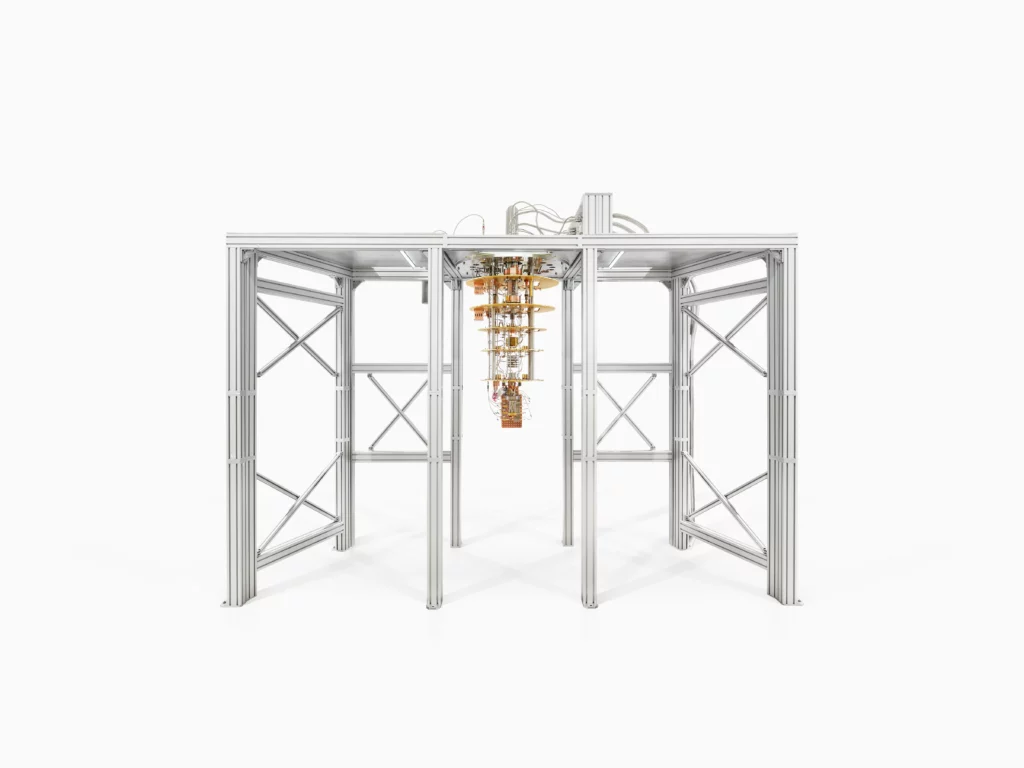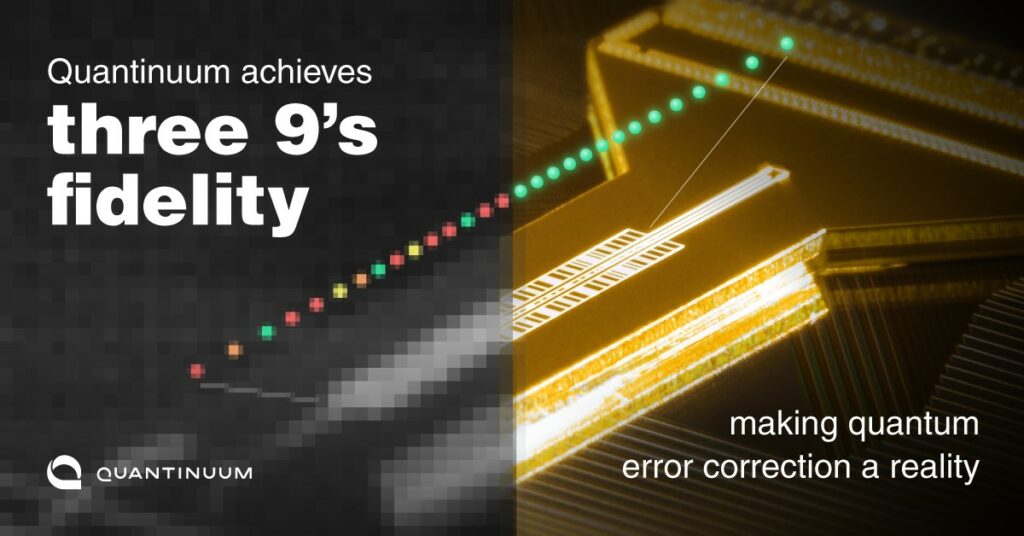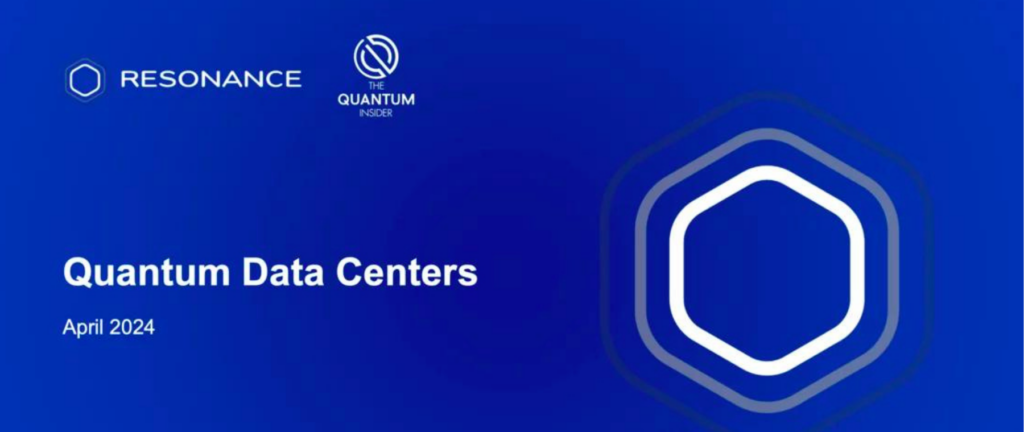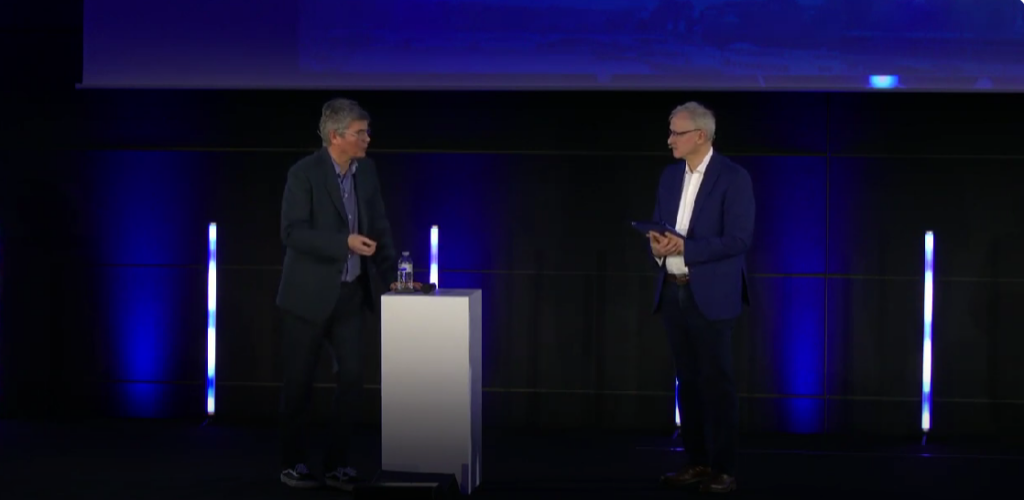In just a few years, quantum computing and quantum information theory has gone from a fringe subject offered in small classes at odd hours in the corner of the physics building annex to a full complement of classes in well-funded graduate programs being held at leading quantum computing universities.
The question now for many would-be quantum computer students is not, “Are there universities that even offer quantum computing programs” but, rather, “Which of them are leaders at quantum computing research.”
12 Best Quantum Computing Universities
1. The Institute for Quantum Computing — University of Waterloo
The University of Waterloo can proudly declare that, while many colleges avoided offering quantum computing degree programs like cat adoption agencies avoided adoption applications from the Schrodinger family, this Canadian university went all in.
And it paid off.
Mike Lazaridis, creator of the BlackBerry, funded the university in 2002. He also supported the founding of Waterloo’s Perimeter Institute for Theoretical Physics, one of the premier quantum science research universities.
The quantum computing powerhouse employs about 296 researchers and has published more than 1,500 research papers since its founding.
One of the strengths of this school for Quantum Computing is how it combines excellence in academic research with an entrepreneurial drive to commercialize the technology.
You can also check out the video to learn more about this quantum computing university.
2. University of Oxford
The University of Oxford has a long history as a quantum computing university. The university’s own David Deutsch first described exactly what a universal quantum computer is way back in 1985. The first working pure state NMR quantum computer was demonstrated at Oxford and University of York. And the university is still position among the top leaders in quantum science.
According to the university, they’re in quantum research because of its vast potential. “Quantum computing has the potential to transform areas of our lives such as healthcare, finance and security – and Oxford is pioneering theory, technology and responsible innovation to ensure that its power will bring benefits for all of society.”
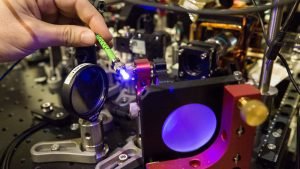
3. Harvard University — Harvard Quantum Initiative
Harvard says the Harvard Quantum Initiative in Science and Engineering (HQI) is “a community of researchers with an intense interest in advancing the science and engineering of quantum computers and their applications. Our mission is to help scientists and engineers explore new ways to transform quantum theory into useful systems and devices.”
The group said this “second quantum revolution” will build on the first one that created technologies like GPS navigation, global communication, and medical breakthroughs such as magnetic resonance imaging (MRI) — and HQI members are preparing for this revolution.
4. MIT — Center for Theoretical Physics
MIT is a research behemoth. It’s reach now extends deeply into quantum computing and quantum information. The university’s strength in theoretical physics is now leveraged into what they term, quantum information and quantum computing, or QI/QC. Besides building a quantum computer, MIT researchers explore Quantum algorithms and complexity, Quantum information theory, measurement and control and applications and connections. That being said it is not a surprise that MIT stands as one of the top quantum computing universities.
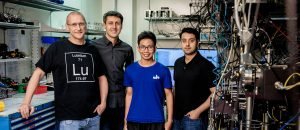
5. National University of Singapore and Nanyang Technological University — Centre for Quantum Technologies
The Center for Quantum Technologies of Singapore was founded to bring together physicists, computer scientists and engineers to do basic research on quantum physics and to build devices based on quantum phenomena. They positioned themselves among the pioneer quantum computing universities. Experts in this new discipline of quantum technologies are applying their discoveries in computing, communications, and sensing.
6. University of California Berkeley
The Berkeley Center for Quantum Information and Computation includes researchers from the colleges of Chemistry, Engineering and Physical Sciences to work on fundamental issues in quantum algorithms, quantum cryptography, quantum information theory, quantum control and the experimental realization of quantum computers and quantum devices.
7. University of Maryland — Joint Quantum Institute
The Joint Quantum Institute (JQI) leads quantum scientists from the Department of Physics of the University of Maryland (UMD), the National Institute of Standards and Technology (NIST) and the Laboratory for Physical Sciences (LPS). Each institution brings major experimental and theoretical research programs that are dedicated to the goals of controlling and exploiting quantum systems, on the level of the world’s top quantum computing universities.
8. University of Science and Technology of China (USTC) – Division of Quantum Physics and Quantum Information
This division of quantum physics and quantum information specializes in the field of quantum optics and quantum information. The division lists its main directions as quantum foundation, fiber-based quantum communication, free-space quantum communication, quantum memory and quantum repeater, optical quantum computing, superconducting quantum computing, quantum simulation with ultra-cold atoms, quantum metrology and related theories. Researchers have also built advanced experimental platforms to conduct cutting-edge research.
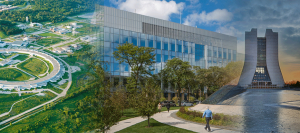
9. University of Chicago — Chicago Quantum Exchange (CQE)
The Chicago Quantum Exchange (CQE) is a hub of researchers who are interested in advancing academic and industrial efforts in the science and engineering of quantum information. They encouraged the words best quantum computing universities to promote the exploration of quantum information technologies and the development of new applications. The CQE facilitates interactions between research groups of its member and partner institutions and provides an avenue for developing and fostering collaborations, joint projects, and information exchange. Members of CQE are focused on developing new ways of understanding and exploiting the laws of quantum mechanics, the fundamental yet counterintuitive theory that governs nature at its smallest scales. The overarching aim is to apply research innovations to develop radically new types of devices, materials, and computing techniques.
10. University of Sydney — Australia
The University of Sydney focuses its quantum science group on addressing the most challenging problems of quantum physics and leveraging these insights to build new technologies. Activities range from fundamental physics and quantum information science through to technology development and incorporate both atomic and condensed matter systems. The scientific pursuits are complemented by deep industry engagement and entrepreneurial activities.
11. Quantum Applications and Research Laboratory at LMU Munich (QAR-Lab)
Preparing students for a future with Quantum Technology is critical for QAR-Lab. The lab expects quantum computing (QC) to perform complex operations that would now have been possible before and will find solutions to traditional problems in shorter times. The Munich-based team of researchers plan to take advantage of the endless possibilities of QC to solve concrete practical problems, from route planning to machine learning, by programming a quantum computer.
12. University of Innsbruck – Quantum Information & Computation
Researchers at the University of Innsbruck’s Quantum Information and Computation department study models for quantum information processing and fundamental aspects of quantum information theory. The focus of their research is the theory of measurement-based quantum computation, which has resulted in a new and more thorough understanding of many-body entanglement as resource, and applications in quantum communication, quantum error correction, and quantum algorithms. As one of the most prominent quantum computing universities, their researchers work on quantum phenomena in bio-molecular systems, relativistic systems, and study the role of quantum mechanics for autonomous and adaptive systems.
Read more:
- 20 of the World’s Top Quantum Investors in 2024
- 6 Companies Working With Photonic Quantum Computing Technology in 2024
- 13 Companies Offering Quantum Cloud Computing Software Solutions
TQI Summary
We came to the end of our journey through quantum computing universities. To sum it up, Quantum computing institutes and unis are gaining much more attention in the quantum computing world, as more and more young prospects are seeking knowledge in this area. Finally, we think that before mentioned universities can provide them with everything they want.
If you found this article to be informative, make sure to explore more of the current quantum technology news here. If you would like to explore enterprise end users of quantum in more detail, you should check out our dedicated market intelligence platform.













